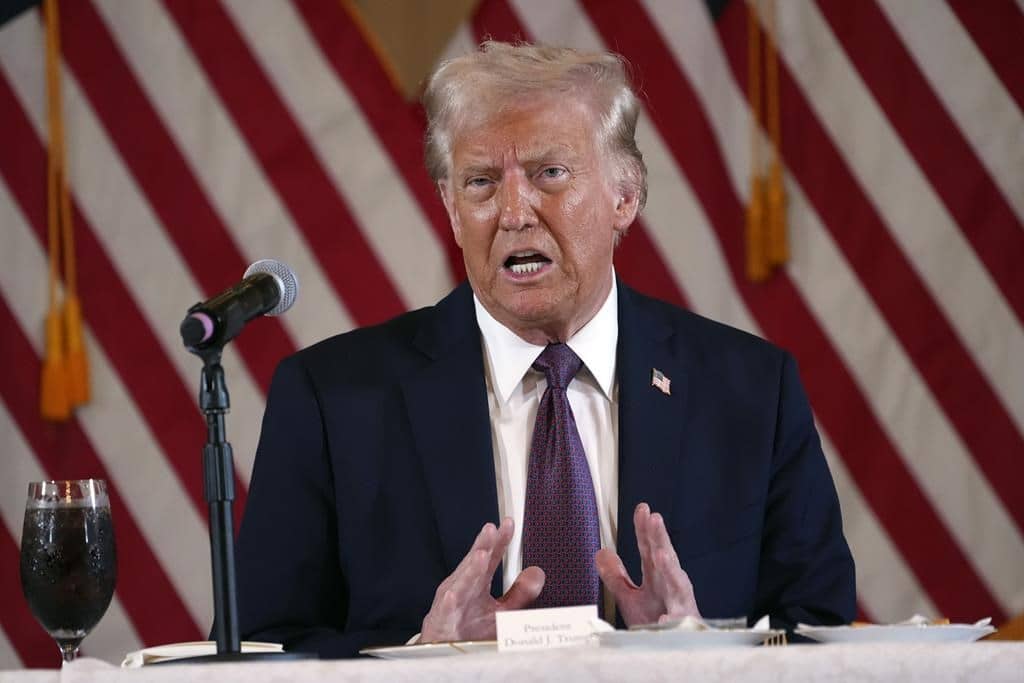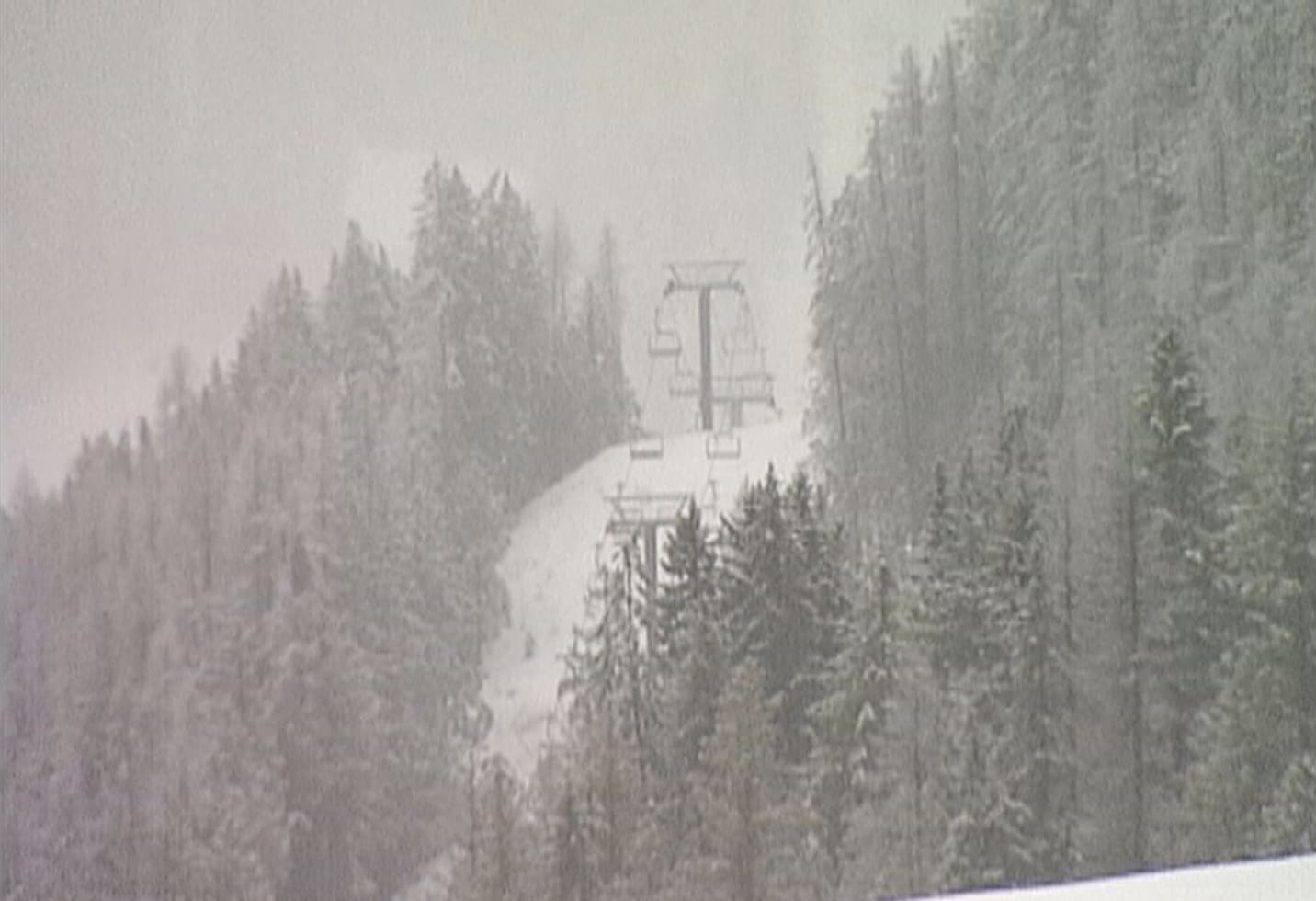Donald Trump, the president-elect of the United States, may declare a national emergency to fulfill his threat to impose 25 % across-the-board taxes on Canada. It’s also unclear how the Republican leader will implement his price plan with less than two days until Trump’s White House return. Greta Peisch, the former general counsel for the Office of the U. S. Trade Representative, said the incoming president could use the International Economic Emergency Powers Act ( IEEPA ). Peisch said,” When you look at the connection the president-elect makes between price behavior and issues like morphine and border protection, it would seem most closely related to IEEPA,” Peisch said. The U.S. president has the authority to regulate monetary transactions following the declaration of an emergency under the IEEPA, a national security legislation. 3: 39
Trump calm money punishment goes back, U. S. Supreme Court rejects delayWhile its president, the Trading With The Enemy Act, was used during the Nixon administration to dimly impose a 10 per cent tax on all exports into the U. S., no president has used IEEPA for taxes. “( It ) would be a new tool in the tariff toolbox”, Peisch said. Trump is aware of the authority of the legislation. If it didn’t solve problems with the frontier and improper immigration during his first management, he threatened to use it to levy 5 % tariffs on Mexico. Because a deal was struck and the taxes were not imposed, that never happened, Peisch said. It’s been reported in the United States that Trump and his team are considering declaring an financial crisis to use the legislation this time around. It’s not the only resource he has. Trump’s team may also be considering sections of the Trade Expansion Act of 1962, which imposed duties on American steel and aluminum, as well as a part of the Trade Act of 1974, which were used to establish tariffs on China during his first management, according to Peisch. The Canada-U. S. Mexico Agreement, negotiated during Trump’s first administration, did not protect America’s closest mates. According to Peisch, the partnership allows member nations to take actions that are deemed necessary for their own top-notch security. Shortly after winning the election, Trump threatened to impose severe taxes on both Mexico and Canada unless both nations put an end to illegal immigration of people and goods into America. He has stated that the decision will be one of his second executive orders effective on January 20 when he takes office. Justin Trudeau, the prime minister, and Dominic LeBlanc, the finance minister, spoke with them in Mar-a-Lago last year to explore the jobs. LeBlanc made a number of measures to increase border protection a few weeks later with a$ 1.3 billion deal. Trump hasn’t reduced his risks, though. ” We don’t have taxes on them yet but that will happen”, Trump said about Canada Thursday. 0: 49
Trudeau on promise of Canada becoming 51st U. S. position: ‘ That’s not going tohappen’Trending Then
Business that processed plant-based cheese linked to listeria completely closes plants
Ruby Franke’s child opens up more about her family’s abuse
Otherwise, the president-elect has said consistently that Canada may get the 51st state. He heightened that speech this week by suggesting that he would employ “economic pressure” to sway it. While Trudeau has said there’s no a” snowball’s chance in hell” that Canada may visit the U. S., American officials are preparing for a very real price risk. Prior to a meeting of ministers on the Canada-U, Foreign Affairs Minister Mélanie Joly stated to reporters on Friday night on Parliament Hill that” we have to get ready.” To explore the punitive measures that Ottawa would implement if tariffs are implemented in the U.S. cabinet committee. Ottawa is looking at its own taxes targeting National metal, ceramics, plastics and orange juices. On American news programs, federal and provincial leaders regularly remarked how taxes on Canada would hurt American consumers and businesses. The present condition, according to Wolfgang Alschner, transcends a simple business danger and does not reflect Canada’s position under the first Trump management, when the Democratic leader imposed tariffs on steel and aluminum. According to Alschner, the volume of the tariff threats and their relationship to border security concerns qualify them as “economic force,” the use of extreme or aggressive measures to stifle trade and obstruct a international president’s exercise of its royal rights. He claimed that the United States is using financial tools to advance non-economic policy objectives, which is the “poster definition of economic coercion.” ” And that is something we definitely hadn’t seen in the Canada-U. S. marriage during Trump 1″.Alschner said relying on intended punitive tariffs won’t be enough, given the gravity of the condition. He added that Canada needs to work on restoring the diplomatic connection, offer financial security solutions to the incoming Trump administration, and address industry irritants. ” It’s really important that this kind of sport, because we are actually playing with fire here, doesn’t get out of hands”.


